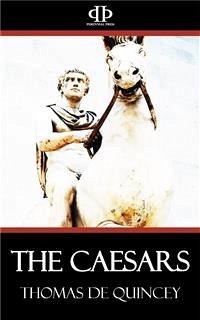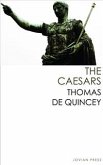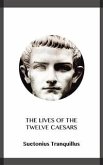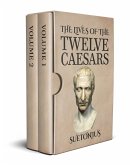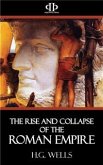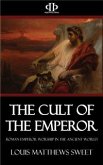The condition of the Roman Emperors has never yet been fully appreciated; nor has it been sufficiently perceived in what respects it was absolutely unique. There was but one Rome: no other city, as we are satisfied by the collation of many facts, either of ancient or modern times, has ever rivalled this astonishing metropolis in the grandeur of magnitude; and not many—if we except the cities of Greece, none at all—in the grandeur of architectural display. Speaking even of London, we ought in all reason to say—the Nation of London, and not the City of London; but of Rome in her palmy days, nothing less could be said in the naked severity of logic. A million and a half of souls—that population, apart from any other distinctions, is per se for London a justifying ground for such a classification; à fortiori, then, will it belong to a city which counted from one horn to the other of its mighty suburbs not less than four millions of inhabitants at the very least, as we resolutely maintain after reviewing all that has been written on that much vexed theme, and very probably half as many more. Republican Rome had herprerogative tribe; the earth has its prerogative city; and that city was Rome. As was the city, such was its prince—mysterious, solitary, unique. Each was to the other an adequate counterpart, each reciprocally that perfect mirror which reflected, as it were in alia materia, those incommunicable attributes of grandeur, that under the same shape and denomination never upon this earth were destined to be revived. Rome has not been repeated; neither has Cæsar. Ubi Cæsar, ibi Roma—was a maxim of Roman jurisprudence. And the same maxim may be translated into a wider meaning; in which it becomes true also for our historical experience. Cæsar and Rome have flourished and expired together...
Bitte wählen Sie Ihr Anliegen aus.
Rechnungen
Retourenschein anfordern
Bestellstatus
Storno

